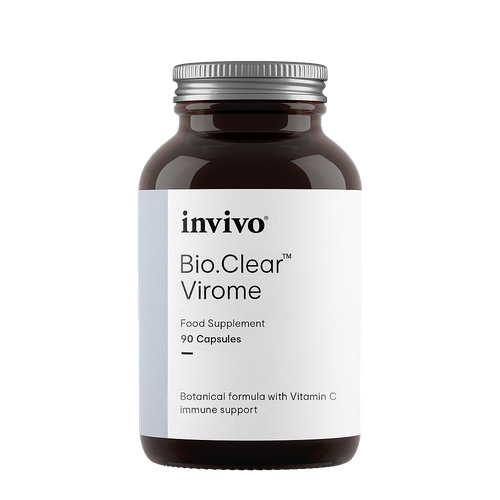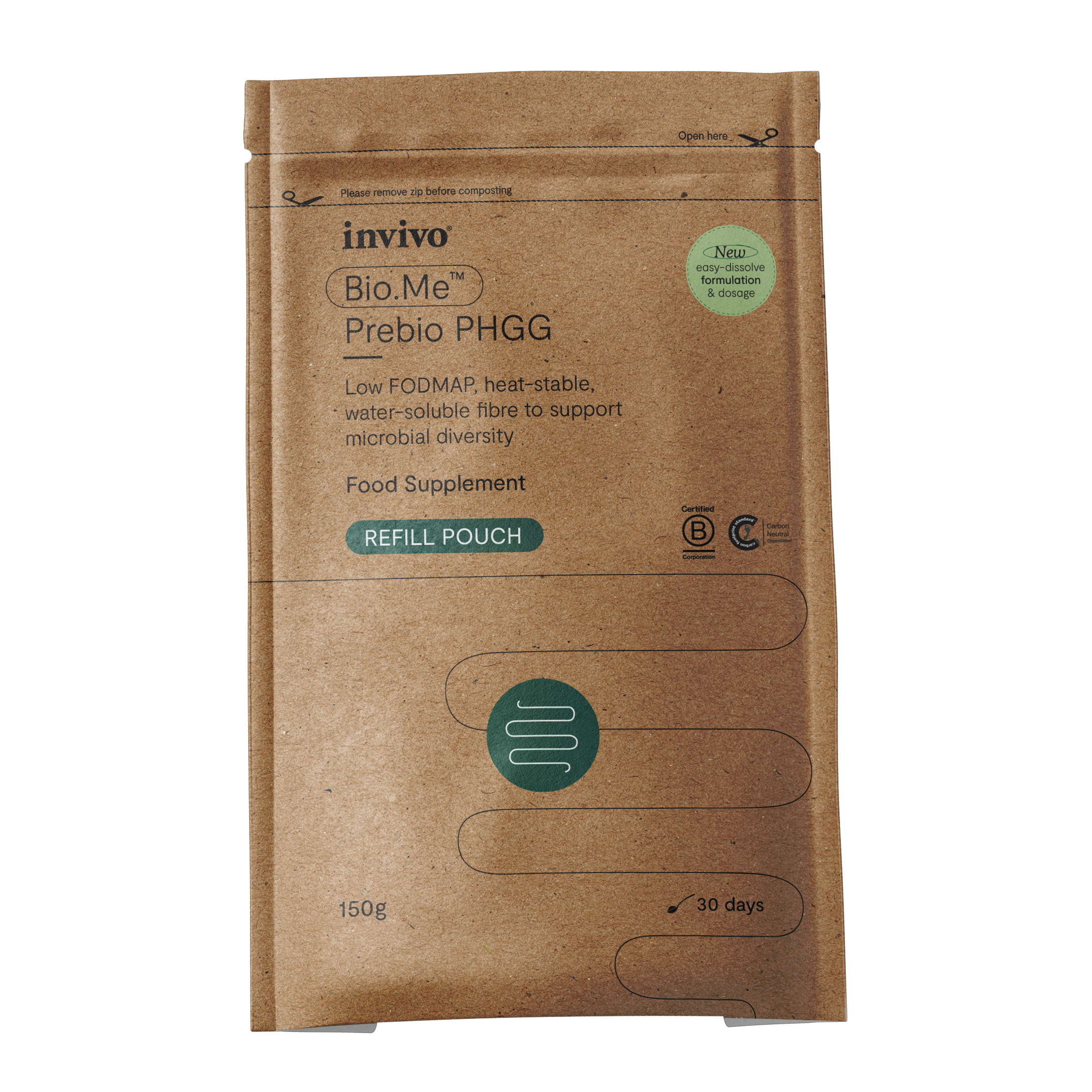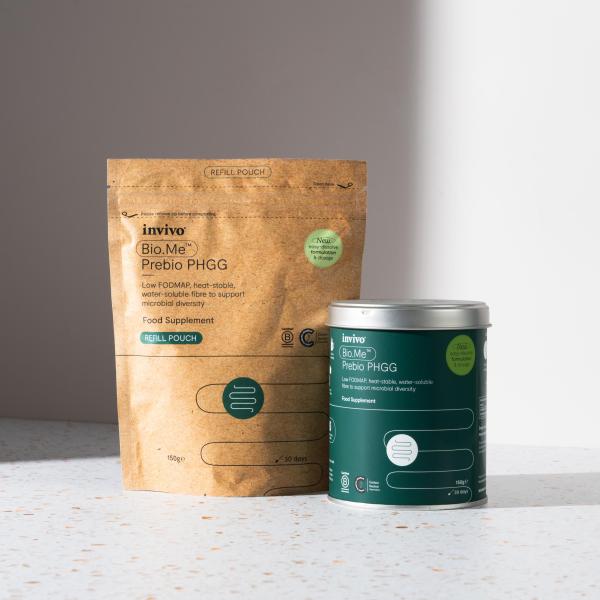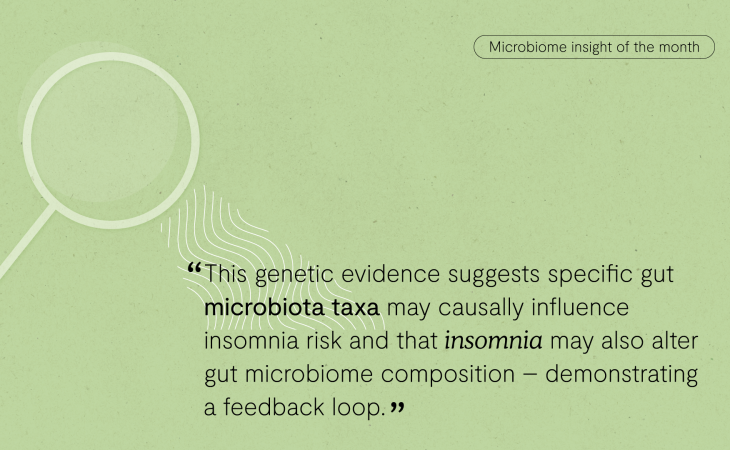Bidirectional causal relationships between gut microbiota and insomnia – Could your gut microbes be keeping you awake at night?
Insomnia is one of the most common sleep disorders, affecting up to half of adults across Europe, America and Australia, with around one in four meeting criteria for clinical insomnia¹ . Beyond fatigue, it can impact mental health, increase the risk of other health conditions, and significantly reduce quality of life.
The causes of insomnia are complex—genetics, environment, behaviour and physiology all play a role. Unrelated illness and stress can also trigger episodes of acute or chronic insomnia².
In recent years, the gut-brain axis has emerged as an important piece of the insomnia puzzle. Previous research has shown that sleep deprivation and disruption can alter the composition of the gut microbiome.³ However the big question has been: does poor sleep change the microbiome, or do certain microbes contribute to sleep problems?
A landmark study published in General Psychiatry (2025) addressed this using a genetic technique called Mendelian randomisation². By analysing genetic markers linked to gut microbiota in ~26,500 stool samples and ~386,500 participants, researchers were able to test for cause-and-effect—not just correlation.
Key findings:
- The Clostridium innocuum group was associated with a higher risk of insomnia (p <0.001) and was still significant after false discovery rate correction (FDR = 0.007).
- The Odoribacter genus was associated with a reduced risk of insomnia (p = 0.002). Intriguingly, genetic risk of insomnia also predicted increased abundance of this genus, suggesting a feedback loop.
- Overall, insomnia was linked to decreases in 7 types of bacteria (p=0.005 to 0.014) and increases in 12 others (p=0.016 to 0.045).
Taken together, this provides the first genetic evidence that specific gut microbes may play a causal role in insomnia—and that insomnia can, in turn, alter the gut microbiome.
This bidirectional relationship opens exciting possibilities. If confirmed in future clinical trials, microbiome-targeted therapies could one day be part of personalised insomnia management. For the millions struggling with sleepless nights, the answer might just lie in the gut.




